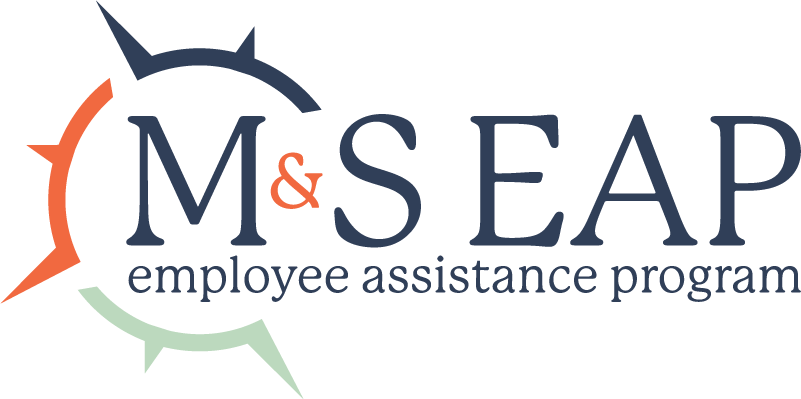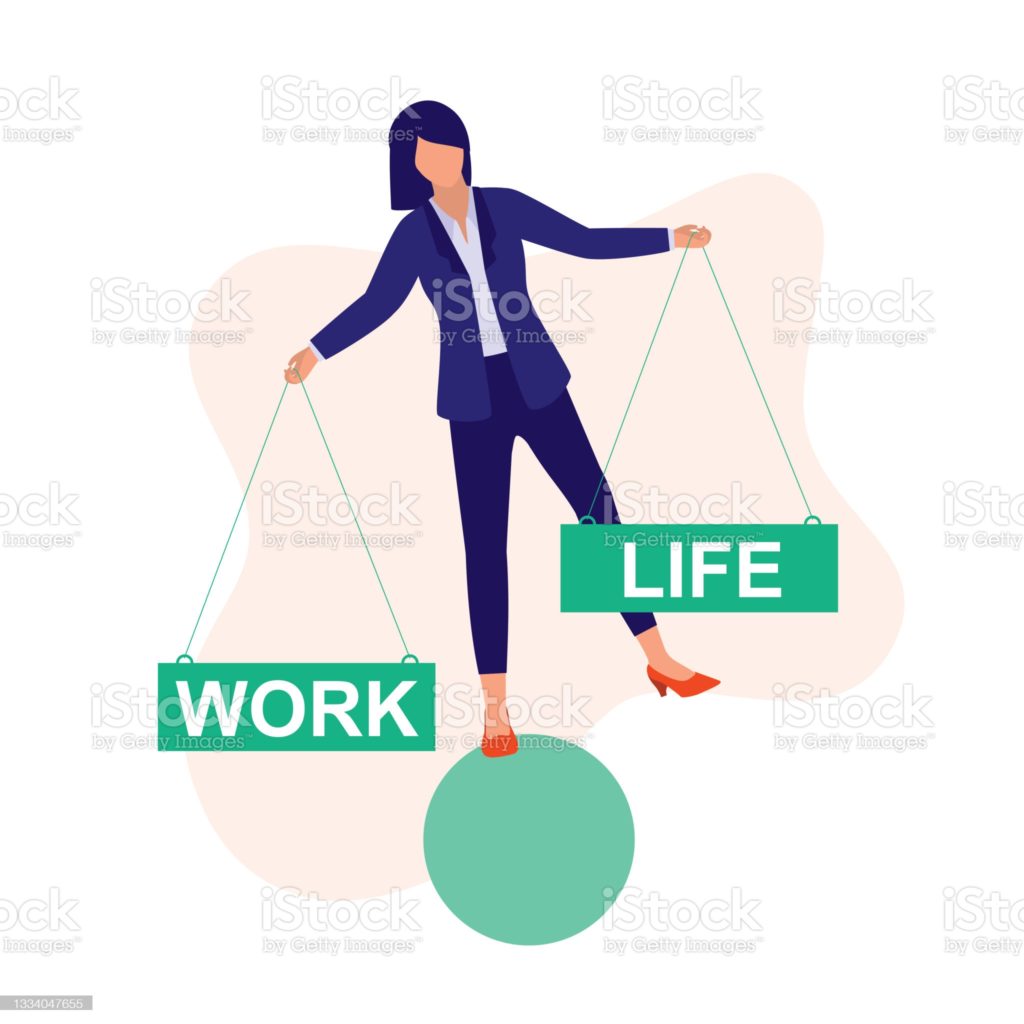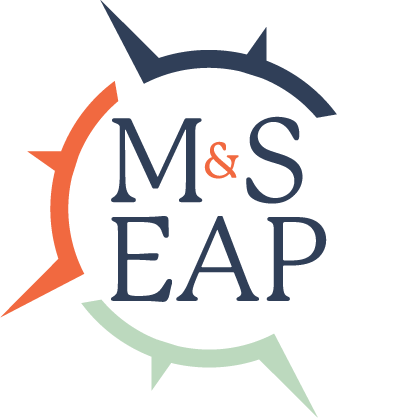What to Ask in an Interview

At the end of an interview, it’s common for the interviewer to look at you and say, “Do you have any questions?”
In the moment, your head is likely so full of thoughts, wondering if you answered all their questions eloquently and made a good impression, that this question (routine as it is) can catch you off guard. It’s a great opportunity to learn more about the company and address any conflicts or concerns you might have.
In order to go into your next interview prepared, we’ve compiled a list of questions to consider asking your interviewer so you can leave the interview confident and peaceful.
What to ask an interviewer
When you ask a question, try avoiding anything garnering a yes/no response as these answers won’t give you a detailed look into the company. Asking in-depth questions about the job requirements, time off policies and the like will give you a great understanding of what exactly working for this company looks like.
1. What is the work culture like?
This question gives you a better understanding of what the attitude of the employees is – are people overworked and burnt out? Do coworkers here enjoy each other’s company and have a pleasant time during meetings? Is teamwork successful, or do most people work on assignments solo? Is there a focus on creating a healthy culture or is it not a priority here?
No matter how the interviewer answers, you will learn more about just how important workplace culture is and if it’s one that will suit your personality.
2. How can a person be successful in this role?
This will tell you exactly what they’re looking for, from job responsibilities to expectations. Which is important because the job description online might look a lot different from what the job morphed into under its last employee.
Hearing what it takes to successfully tackle this position from the mouth of the interviewer can also help you identify if you are qualified or confident enough to handle the current expectations of the position.
3. What is the team lacking that you’re seeking to fill with the new hire?
Again, this gives you a good idea of just what it is the company is expecting from the new hire. You’ll have a broader idea of the exact skills needed, like if the new team member needs to be experienced at putting together PowerPoints, or is the one responsible for handling customer complaints and therefore needs good customer service skills.
This gives you the chance to further prove you’re a good fit for the role, talking about times when you learned and utilized those skills. Mention how you’ll take that experience to benefit this new role and your fellow team members.
4. What does the training process entail?
Nothing is more stressful than stepping into a new role with little or no training, and no prospect of being trained in sight. You can avoid this, and keep the company accountable, by asking how you’ll be trained, how long training will take and who will be training you.
This gives you peace of mind and holds the company accountable when they ask you to complete a task you haven’t been trained to do.
5. How does the company turn an idea into a reality?
This is especially good to ask if the job you’re after is more creative or involves a lot of planning. The answer will tell you if many of the ideas are left on the drawing board, if the company takes the ideas of their employees seriously or if you are primarily responsible for creating and implementing ideas within your team itself.
After all, you don’t want the time you spent on a great idea to be wasted on the back burner.
6. What is challenging about this position?
You don’t want to enter into a position blindsided by tons of unforeseen challenges. Having an understanding of the difficulties ahead of time will allow you to be prepared and perhaps even give you the chance to present to the interviewer how you might handle those challenges in the future.
You might ask a follow-up question about how the past employee handled those challenges and whether it was effective or not. This can build upon your already forming concept of the expectations of this position.
7. What is the turnover rate for this position?
While the last person might have left for reasons other than the company itself, frequent turnover could be concerning.
It may indicate poor training, unrealistic expectations or management difficulties. If there is a high rate of turnover, following up the question with, “Do you know the reason behind the turnover rate,” can give you further insight about whether the company’s work environment is a good fit for you or not.
It’s important to question your interviewer
Asking questions in an interview isn’t just for the sake of clarifying information, rather, it gives you the chance to really determine if this company is going to be a good fit for you, your skills and your own expectations.
If you want to gain more interview skills, or hope to put interview anxieties to rest, consider reaching out to the counseling professionals of Mazzitti & Sullivan EAP. Call our offices anytime at (800) 543-5080.



